The views expressed in our content reflect individual perspectives and do not represent the authoritative views of the Baha'i Faith.
Baha’u’llah’s influence after his exile to Baghdad, although universally acknowledged, was not welcomed by everyone.
For some it was the cause of envy and consternation, and these individuals took steps to undermine his reputation and to provoke fresh hostilities against the community of Babis. Among Baha’u’llah’s most notable opponents in Baghdad were the Persian consul and one of the leading Islamic clerics of the area. As much as they tried, however, they never succeeded in enlisting the support either of the governor, who deeply admired Baha’u’llah, nor of the masses of the citizens of Baghdad. Frustrated, his opponents turned to other measures.
At one point the consul hired a man to assassinate Baha’u’llah. Enticed by the promise of a rich reward, this man sought out Baha’u’llah one day in the public bath, yet, as he himself admitted later, was so overwhelmed by his presence that he spontaneously fled the scene. He made another attempt and on that occasion, too, was so overcome with awe that he was unable to carry out his design.
This was but one of many instances in which the plottings of His enemies placed Baha’u’llah and the Babis in great peril. Sometimes the plots were successful, and one or more Babis would fall victim to the violence. As time passed, the danger increased; yet through it all Baha’u’llah retained his composure, going about his daily business as usual and, to the dismay of his many friends, without a guard.
Another episode typifies this period because it illustrates Baha’u’llah’s fearlessness and the impact of his personality upon those who intended to do him bodily harm. According to the historian Nabíl, it became known at one point that Baha’u’llah’s adversaries had convinced a group of more than a hundred Kurds to assault his house. Baha’u’llah refused the offer of many of the Babis to defend him, insisting that there was no need for it. When the Kurds appeared, disguised as a band of passing mourners, he invited them into his home and served them tea and sherbet. Baha’u’llah’s kindness and majesty so impressed them that they left as friends, shouting as they departed, “May God curse your enemies.”
The clergy also made moves to have Baha’u’llah killed. When these efforts were not successful they turned to other measures intended to discredit Him. On one occasion He was challenged to perform a miracle. Here is an account of the incident as Abdu’l-Baha, Baha’u’llah’s eldest son, relates it:
It often happened that in Baghdad certain Muhammadan ulama [divines], Jewish rabbis and Christians met together with some European scholars, in a blessed reunion [i.e., a meeting with Baha’u’llah]: each one had some question to propose, and although they were possessed of varying degrees of culture, they each heard a sufficient and convincing reply, and retired satisfied. Even the Persian ulama who were at Karbila and Najaf chose a wise man whom they sent on a mission to Him; his name was Mulla Hasan Amu. He came into the Holy Presence, and proposed a number of questions on behalf of the ulama, to which Baha’u’llah replied. Then Hasan Amu said, “The ulama recognize without hesitation and confess the knowledge and virtue of Baha’u’llah, and they are unanimously convinced that in all learning he has no peer or equal; and it is also evident that he has never studied or acquired this learning; but still the ulama say, ‘We are not contented with this; we do not acknowledge the reality of his mission by virtue of his wisdom and righteousness. Therefore, we ask him to show us a miracle in order to satisfy and tranquilize our hearts.’”
Baha’u’llah replied, “Although you have no right to ask this, for God should test His creatures, and they should not test God, still I allow and accept this request. But the Cause of God is not a theatrical display that is presented every hour, of which some new diversion may be asked for every day. If it were thus, the Cause of God would become mere child’s play.
“The ulamas must, therefore, assemble, and with one accord, choose one miracle, and write that, after the performance of this miracle they will no longer entertain doubts about me, and that all will acknowledge and confess the truth of My Cause. Let them seal this paper, and bring it to me. This must be the accepted criterion: if the miracle is performed, no doubt will remain for them; and if not, we shall be convicted of imposture.” The learned man, Hasan Amu, rose and replied, “There is no more to be said”; he then kissed the knee of the Blessed One although he was not a believer, and went.
He gathered the ulama and gave them the sacred message. They consulted together and said, “This man is an enchanter; perhaps he will perform an enchantment, and then we shall have nothing more to say.” Acting on this belief, they did not dare to push the matter further.
This man, Hasan Amu, mentioned this fact at many meetings. After leaving Karbila he went to Kirmanshah and Tihran and spread a detailed account of it everywhere, laying emphasis on the fear and withdrawal of the ulama. Briefly, all his adversaries in the Orient acknowledged His greatness, grandeur, knowledge and virtue; and though they were his enemies, they always spoke of him as “the renowned Baha’u’llah.” – Abdu’l-Baha, Some Answered Questions, pp. 28-30.
The episode with the ulama illustrates both the courage of Baha’u’llah and the insincerity of his enemies. It is interesting to note that the clergy asked him to perform a miracle, even though he had as yet only alluded to his own spiritual station and had not put forth a formal claim to leadership. That he was the object of such a demand testifies to the profound influence of his personality and his writings.


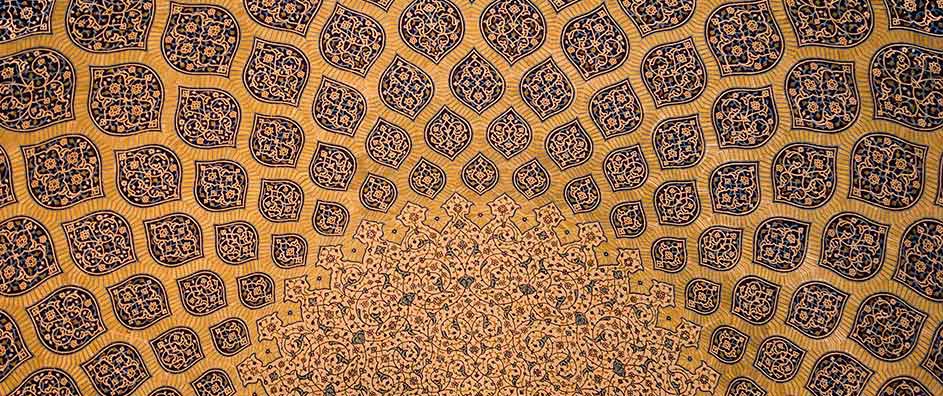
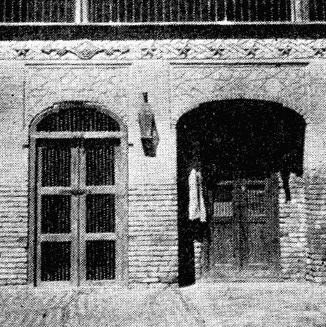

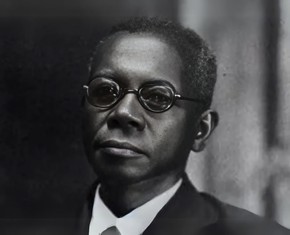
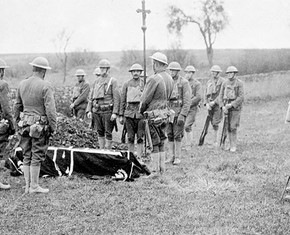
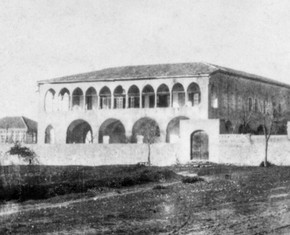









Comments
Sign in or create an account
Continue with Googleor